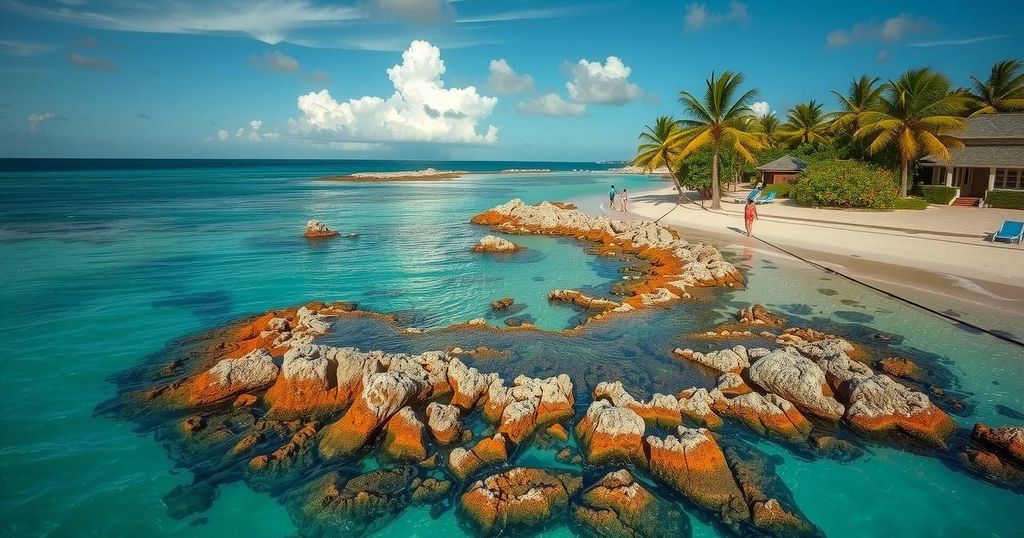On November 18, 2024, the Seychelles government met with the World Bank to discuss climate finance and projects addressing coastal erosion. The first phase of a significant erosion control project has been completed. World Bank’s Victoria Kwakwa emphasized listening to small island nations, while Minister Hassan underscored the importance of collaboration with development partners.
On November 18, 2024, the Government of Seychelles engaged with the World Bank to discuss new collaborative ventures aimed at addressing coastal erosion, as well as broader issues such as climate finance and renewable energy. During a recent site visit to the eastern coast of Mahé, World Bank’s regional vice president for Eastern and Southern Africa, Victoria Kwakwa, assessed the impact of climate change on vulnerable infrastructures and the ongoing projects designed to mitigate these effects. The first phase of these initiatives, covering a 300-meter stretch of coastline with an investment of SCR2.1 million ($152,000), has been completed successfully. In her discussions with Seychelles’ Minister for Finance, National Planning, and Trade, Naadir Hassan, Kwakwa emphasized the urgency of addressing the realities faced by small island nations due to climate change. She remarked, “It is very important for us to hear from our client, in particular the voice of small island states. The World Bank is ready to support Seychelles.” Minister Hassan echoed the significance of partnership with development entities like the World Bank, highlighting the need for effective coordination given the scarcity of resources. Kwakwa is scheduled to remain in Seychelles until November 19, continuing discussions on future collaborations aimed at enhancing the nation’s resilience against climate-related challenges.
Seychelles, an archipelago in the western Indian Ocean, is particularly susceptible to the impacts of climate change. The nation’s extensive coastal developments, predominantly shaped by its tourism sector, have increased its vulnerability to climate-related adversities. Coastal erosion poses a significant threat, prompting the need for strategic interventions supported by international partners like the World Bank. This engagement seeks not only to address immediate concerns but also to enhance the long-term sustainability of the island nation’s coastal areas, aligning with broader goals in renewable energy and public service efficiency.
In conclusion, the dialogue between Seychelles and the World Bank signifies a pivotal step forward in addressing pressing environmental challenges, particularly coastal erosion. With concrete projects already underway and ongoing discussions about future initiatives, Seychelles is poised to enhance its resilience against climate change impacts. Strengthening partnerships with organizations like the World Bank is crucial as the nation navigates the complex landscape of climate finance and sustainable development.
Original Source: www.seychellesnewsagency.com






